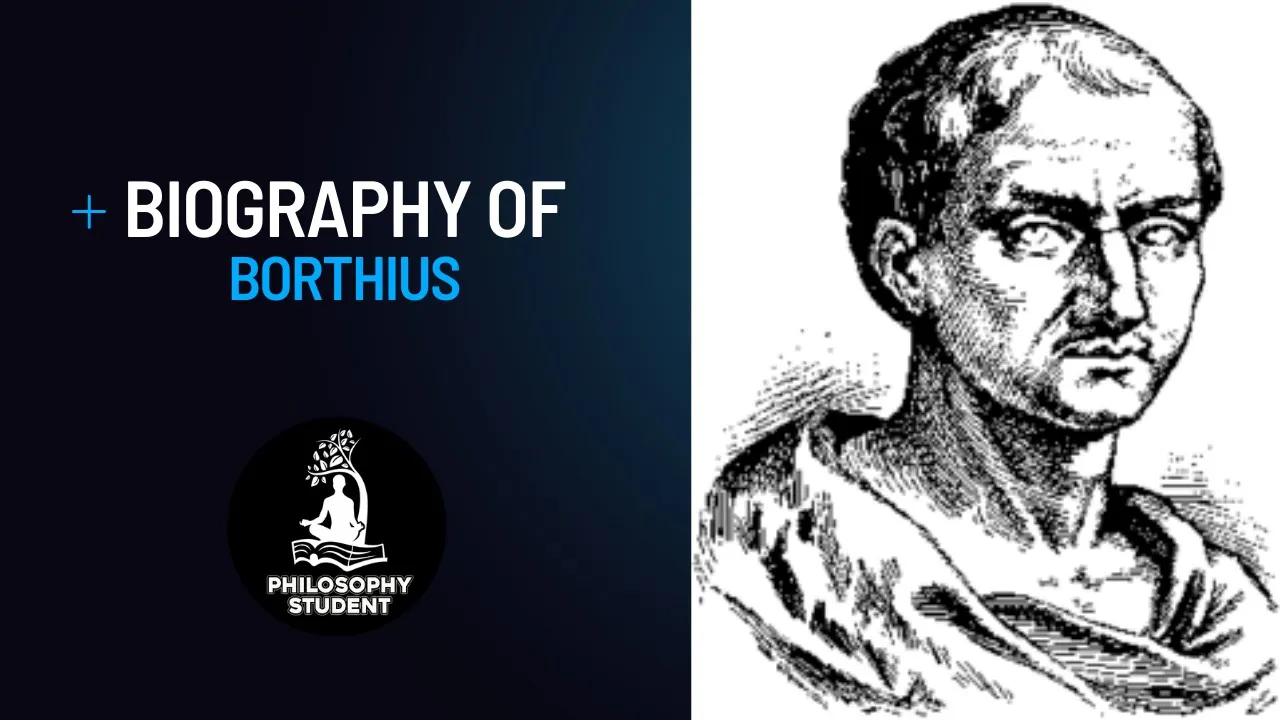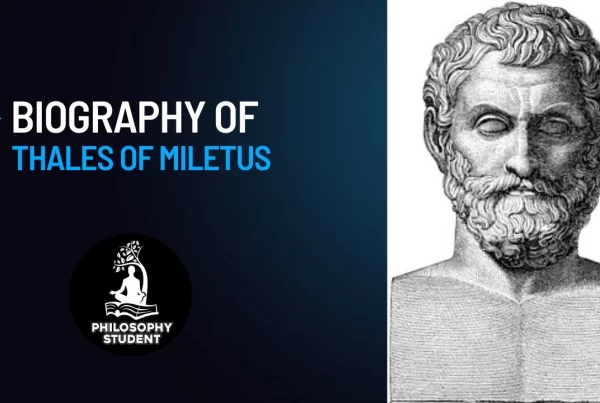Boethius is believed to have been born the year after the “barbarian” Odoacer overthrew the last emperor of the Western Roman Empire and proclaimed himself King of Italy. Thus, this philosopher, whose Consolation of Philosophy (De consolation philosophiae) would become enormously popular throughout the Middle Ages, came into the world at the end of a world. He was born, in Rome, into the patrician Anicii family about AD 477. His father, Manlius Boethius, served as consul in 487 but died early in his son’s life. Boethius was adopted by Quintus Aurelius Memmius Symmachus, who acquainted the boy with both literature and philosophy. Little is known of his formal education; however, given his fluency in Greek, some speculate that he was educated in Athens. Others argue that he studied with the Neoplatonist philosopher Ammonius Hermiae at Alexandria.
Wherever he acquired his erudition, it was sufficient to prompt Theodoric the Great to engage him in his court. By twenty-five, Boethius became a senator. He was also consul for the year 510, and both of his sons became co-consuls for 522. That was the year in which Boethius was appointed magister officiorum, head of all government and court services In 523, Boethius defended an ex-consul, Albinus, against charges of treasonous correspondence with Justin I, the Eastern Roman Emperor. In doing this, he incurred a charge of treason himself and was imprisoned in Pavia before suffering execution in 524. While imprisoned, Boethius wrote his most famous work, The Consolation of Philosophy. The book is a colloquy between the author and Lady Philosophy, who consoles him by asserting the transitory nature of wealth and fame while elevating the work of the mind, which she defines as the “one true good.”
In the course of the conversation, Boethius epitomizes his philosophical views on determinism and free will, good and evil (Why do the evil seem to prosper?), and the omniscience of God. He develops a view of the essential goodness of humanity but concedes that people can become depraved if they allow themselves to sink to the level of beasts. Boethius discusses many aspects of religion, arguing finally that Christianity will arrive at the same truths as philosophy.
While The Consolation became one the most widely read books of the European Middle Ages, Boethius’ most important philosophical works were his translations of and commentaries on the logical writings of Aristotle, which served Europe until the twelfth century as the only significant portions of Aristotle available in Latin. The commentaries have been lost, but two books, In Ciceronis Topica and De Topicis Differentiis, contain virtually all that survives of Boethius’ logic outside of parts of The Consolation. In Ciceronis Topica and De Topicis Differentiis develop a logic based on Plato and Aristotle and apply it to questions of morality and conduct. De Topicis Differentiis served many medieval students and scholars as a handbook on dialectic and rhetoric, which gave special emphasis to the topics of arguments.
Boethius wrote treatises on mathematics and on music. To some extent, his De arithmetica was a manual of instruction, but he went beyond this in his commentary on Porphyry’s Isagoge, tackling the problem of universals, asking whether universal concepts exist only as ideas or are “subsistent entities” in themselves.
Closely related to De arithmetica is De institutione musica, a pedagogical text and theoretical treatise that explains the relationship of mathematics to music. In this work, he classifies music into three categories: Musica mundane, the music of the spheres, which could be understood but not heard; Musica humana, the harmony of body and of spirit; and Musica instrumentalis, instrumental music.
In addition to his philosophical work, Boethius wrote theological treatises, which are important in the history of the early Roman church.




































